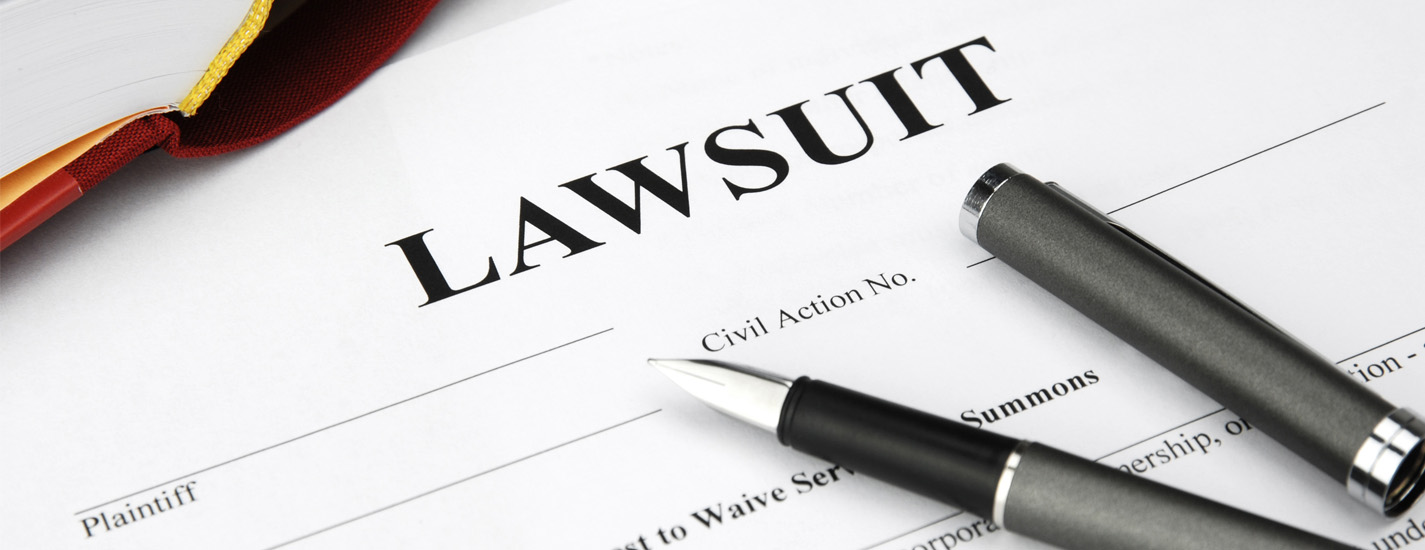COVID-19 presents many challenges to business owners. In particular, business owners face difficult decisions, once the legal green light has been given, in determining when and how to reopen their businesses. Businesses need to carefully review whether they are able to create a safe environment for their customers and clients.
Let’s say the fictitious ACME Law Firm decides to open its physical office space once the state’s governor lifts the stay-at-home order. And Mary Jane, an 85-year-old woman with a compromised immune system, comes in to sign her estate planning documents. The conference room where the signing appointment was to occur had just been used by five people for a deposition. The deposition ran over, so no one had time to clean it before Mary Jane’s appointment. Larry Acme, the lead partner, helped Mary Jane sign her estate planning documents. He had participated in the deposition, and didn’t have time to wash his hands. Larry’s paralegal and legal assistant served as witnesses. None of them had been tested for COVID-19. When they came to work that day, they didn’t have their temperature checked upon arrival. No one asked them any questions in relation to their health.
Larry and the paralegal both wore protective masks during the signing appointment. But unfortunately the office ran out of masks because their supply was used up for the deposition. So the legal assistant did not have a mask. Once, during the signing appointment, the legal assistant accidentally sneezed, without covering her mouth, while she was four and a half feet away from Mary Jane.
Three weeks after the signing appointment, Mary Jane was hospitalized with COVID-19. She eventually died. A month later, Larry Acme with served with a notice and complaint from the personal representative of Mary Jane’s estate. The basis of the suit was wrongful death – the estate claimed that Mary Jane had contracted COVID-19 due to the unsafe condition created by the law firm. Mary Jane’s estate will likely have a difficult time proving that she contracted COVID-19 from the law firm, since the virus is highly contagious and Mary Jane could have likely contracted it from numerous sources. But, nonetheless, ACME Law Firm will need to notify its insurance carrier, pay attorneys’ fees and costs up to its deductible, and spend time and energy on the litigation.
As you can see, it would have been highly beneficial for ACME Law Firm to develop scientifically based policies and procedures around opening its physical space. If the conference room had been thoroughly cleaned after the deposition, enough masks were available, everyone had their temperature monitored, Larry had washed his hands prior to meeting with Mary Jane, and the legal assistant had not been so close to Mary Jane when she sneezed – all of those factors would have been beneficial to ACME Law Firm in defending the law suit.
Business owners need to take reasonable precautions when they open to protect themselves, to the extent possible, from civil liabilities based upon a negligent failure to create a safe environment for customers and clients.



 Phone: (206) 784-5305
Phone: (206) 784-5305